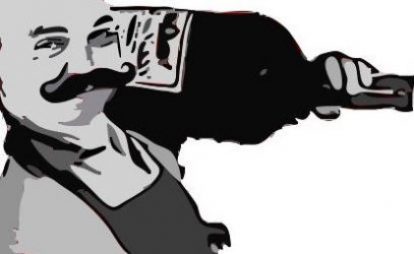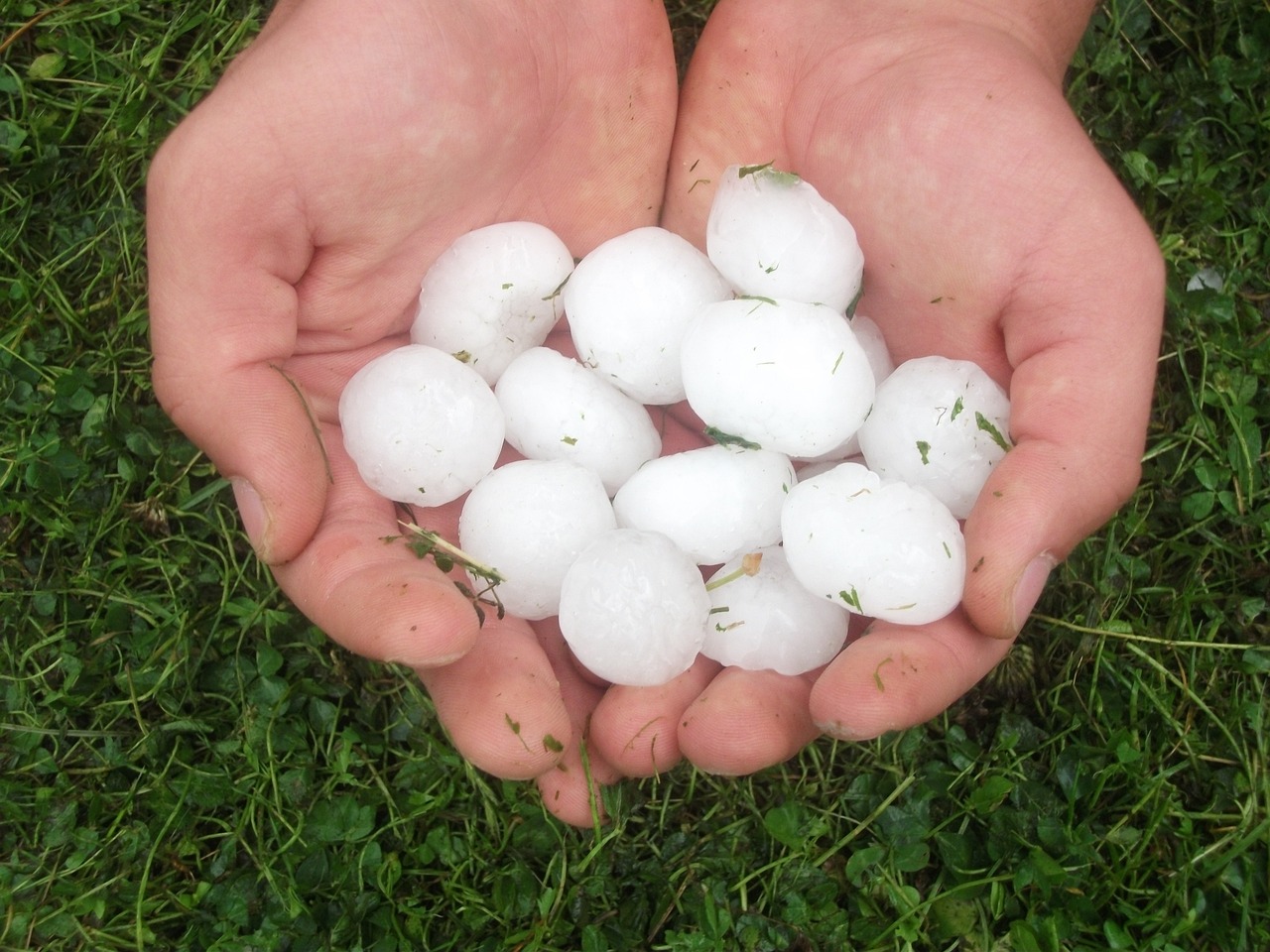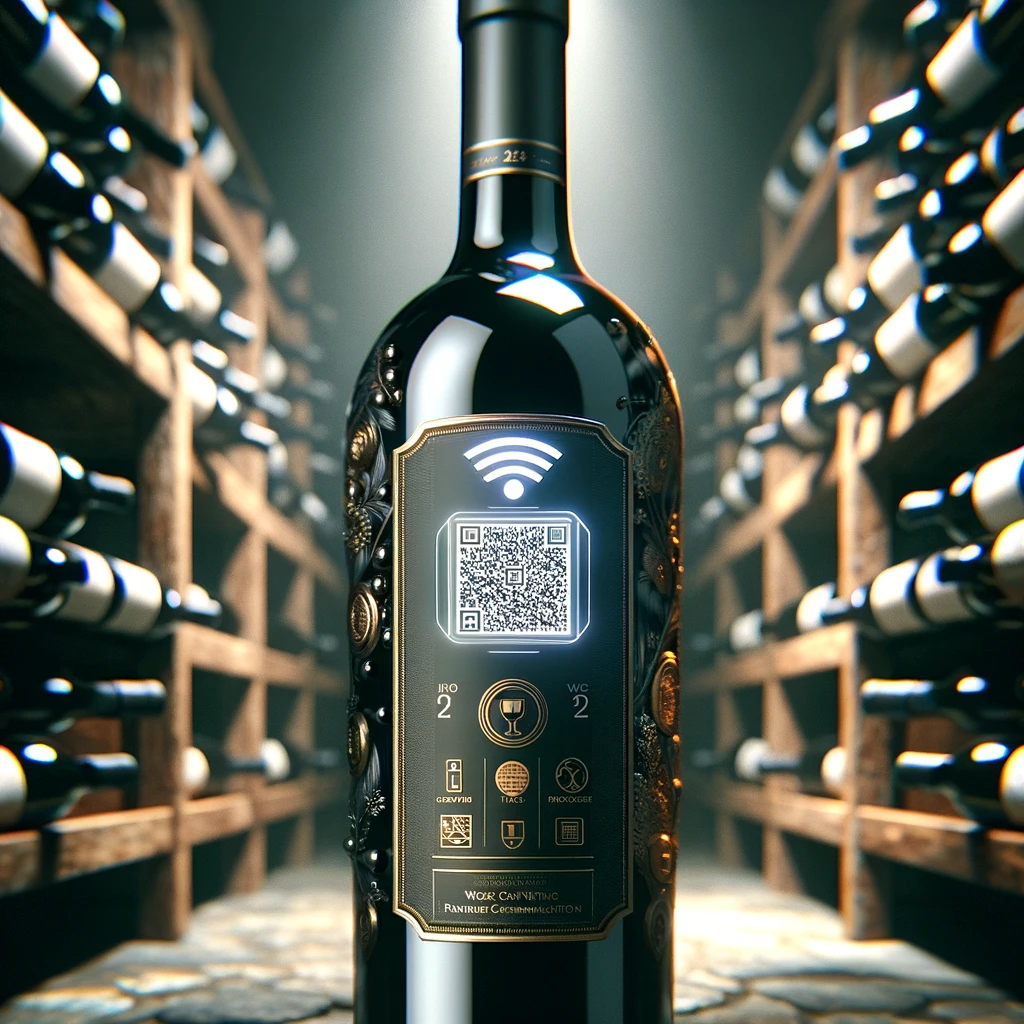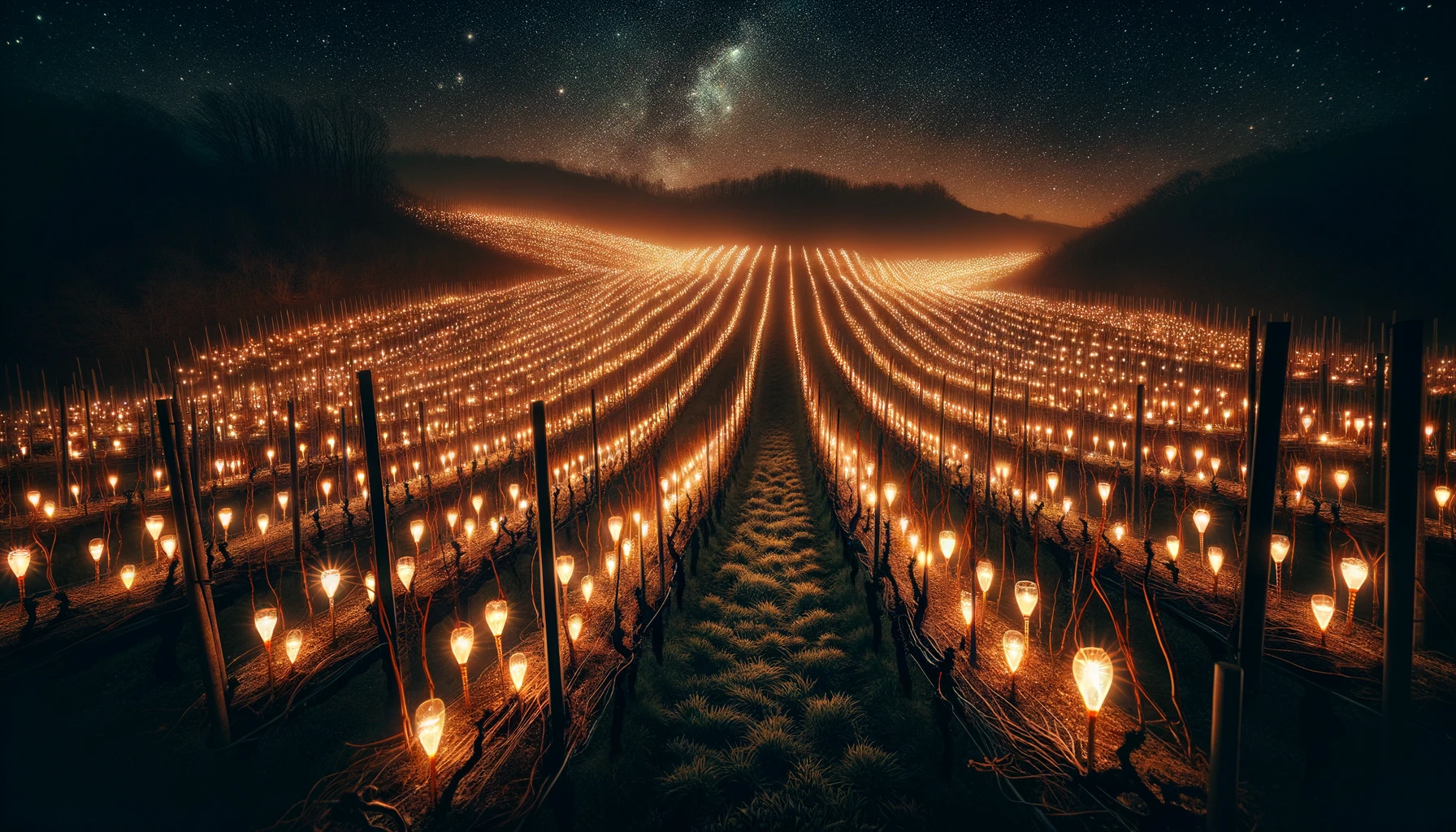When the German novelist Sten Nadolny published his acclaimed book The Discovery of Slowness (in German: Die Entdeckung der Langsamkeit) it became a huge success among business leaders. The concept that less can be more by applying a slow and steady approach. Nadolny had fictionalised the life of British Arctic explorer Sir John Franklin, using his story as a wonderful parable of how slowness becomes powerful tool rather than an expression of mental or physical weakness.
Fast forward almost thirty years from when I first read the book (I admit to being too young when it was first published in 1983), as October 30th marked the death of another great champion of slowness, albeit entirely different from Nadolny’s protagonist.
A Gentlemen from a time long gone
Giorgio Grai was one of the most important figures of Europe’s wine world of the last decades. Oenologist, winemaker, consultant, gifted with an incredible nose and extraordinary memory. For me a man from another planet, and certainly a man from a time long gone. A gentleman, a European fluent in several languages, and a child of the old Europe. Born in a hotel in Bolzano, a city in a region torn between the ambitions of many like the Austria of the Emperors, Mussolini’s fascist Italy or the Tyrolian fighters for independence. His father from Trieste, on the border of the Balkan peninsula, his mother from Trentino with one grandmother from Hungary and the other from what is now the Czech Republic. He married a Bulgarian, which made him the son-in-law of her Transylvanian father. As a young man he studied at the Scuola di Enoligia of Conegliano and was shaped in the service of the best restaurants in Milan and Paris, he later became one of the most important figures in the modern history of wine, helping create astonishing compositions of great elegance and complexity.
Gambero Rosso called him the first Italian flying winemaker. Giacomo Bologna, Gancia and Ferruccio Lamborghini were among his clients and the eulogy at his funeral was held by Ampelio Bucci at a service attended by many other wine personalities like Angelo Gaja or Jean-Claude Mas, the pioneer of Languedoc. With Mas or Bucci he worked until the end with his typical energy that seemed to defy his age.
How little we know
All this I tell as a spectator though. Despite my tireless efforts, my level of knowledge on the modern history of wine and its production cannot be described as anything other than that of a passionate ignorant. Wine has taught me that whenever I believed to have mastered even a part of this immense subject, I am quickly reminded of how little I know. Therefore, I was blessed to cross the path of such man frequently in the last six years, when chance took me to live in the capital of the province of South Tyrol. A frequent visitor to the grand cafe of the Hotel Città in Bolzano’s main square run by my wife’s family, I often encountered him there in conversation with visitors from other parts of Italy seeking his advice or blessing. Or I ran into him on the way to or from the Hotel since the road from his home took him past ours. Since he is gone, I have come to realise how much I will miss the familiar image of seeing him walking slowly by or saluting me with his knowing smile, exchanging a few pleasantries.
It is almost ironic that I will remember him walking slowly across the piazza as he was often a man in great haste. As a rally pilot as a younger man or driving fast on regular roads to vineyards across the country. Still, it also symbolises one of his most principal beliefs that were expressed often as points of criticisms of our times: The lack of patience or respect for nature, the inability to wait until things had taken their required time, and insatiable hunger to consume in ignorance of what it actually is we drink or eat. Wine takes time, a rule we as a society struggle to live by as we rush to find the latest craze and the latest vintage. When we lack the disposition to appreciate the need to wait and rather numb our senses with flavouring agents, we became incapable of enjoying one of nature’s finest gifts.
A wonderful anecdote tells the story when he tasted the new wines of a local producer: delighted by what he had discovered, he immediately bought a barrel and asked to leave it in the cellar. When the producer months later calls him – as Grai appeared to have forgotten about it since the wine has begun to smell funny -, he asks him to leave it a little longer and not to touch it. Again, months go by when the producer once more calls him but now wants to buy the barrel back at a premium as it has turned out marvellously. The discovery of slowness and the reward for his patience.
An Ocean of Knowledge
Giorgio Grai was not always an easy conversational partner. He thinly veiled his beliefs and often offended with direct communication of his views. Stories of blunt corrections of famous winemakers are retold in the wake of his passing. Daniele Cernilli, one of Italy’s most famous wine critics, told an audience that included Giorgio Grai and I at a wine tasting last year how they had fallen out years ago. He had written something that had offended the great oenologist. In exchange Grai had scolded him in his usual unsparing way, but only for Grai to seemingly forget about the incident when Cernilli met him at a wine fair years later.
Grai could offend and I myself was recently lectured by the great master for an inconsiderate comment that did not live up to his opinion. Of course, you could argue that such knowledge and talent almost merit the right to put people in their place though more patience with the ignorant may sometimes have been indicated. Yet, what remains is the feeling of loss. For the most, I will not only miss the familiar face or our casual encounters, but the ocean of knowledge that the world of wine and I have lost.




